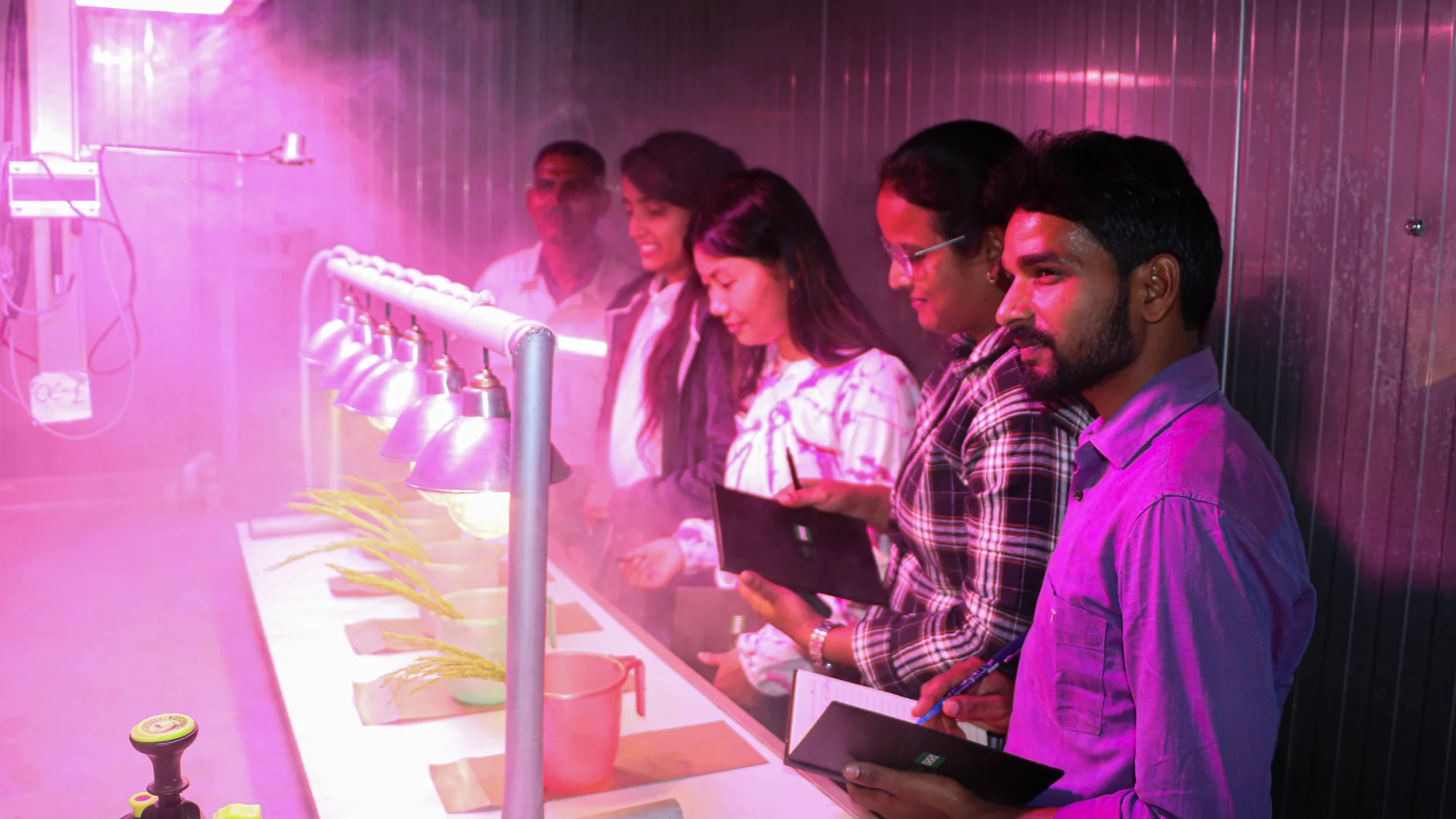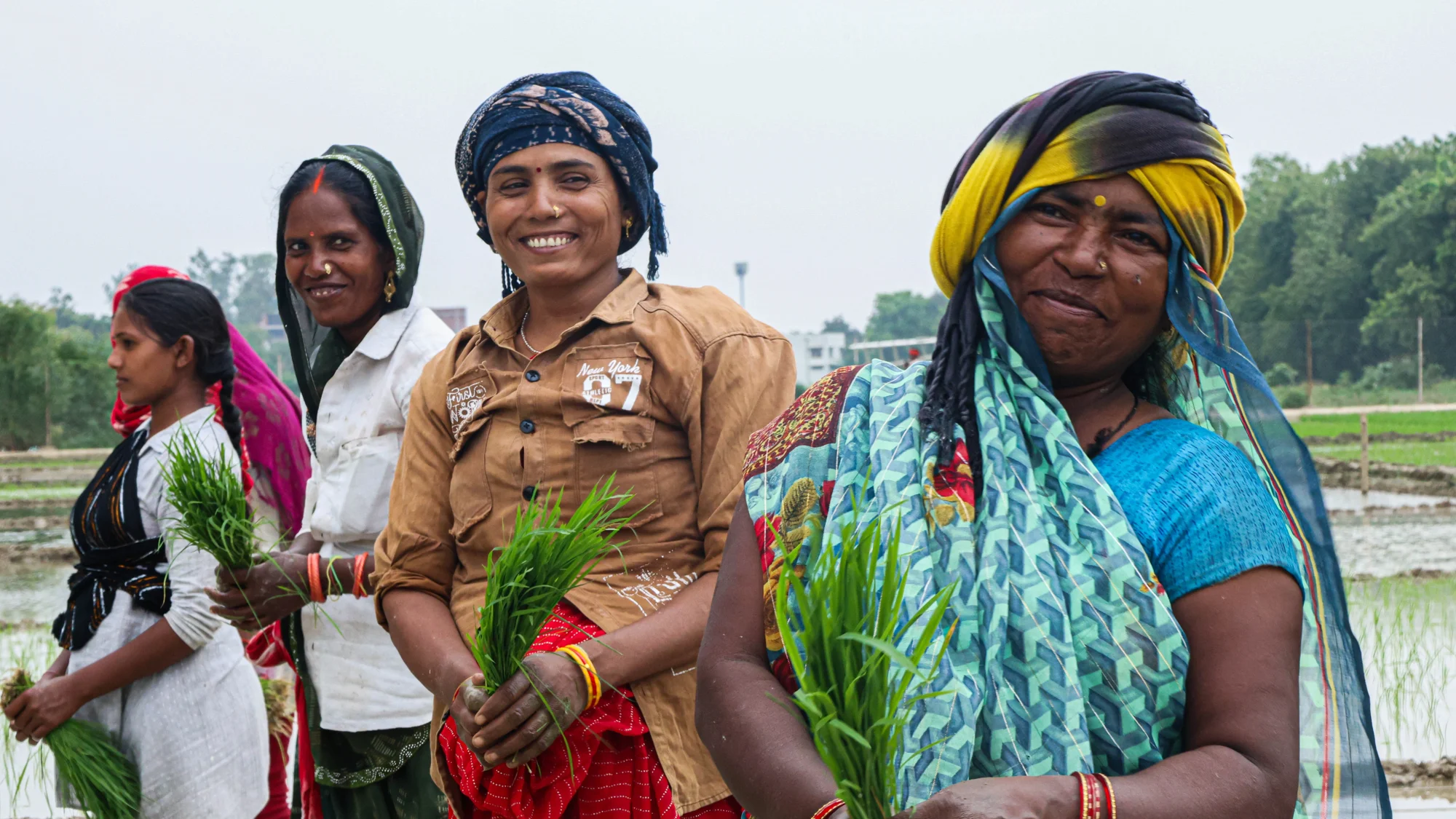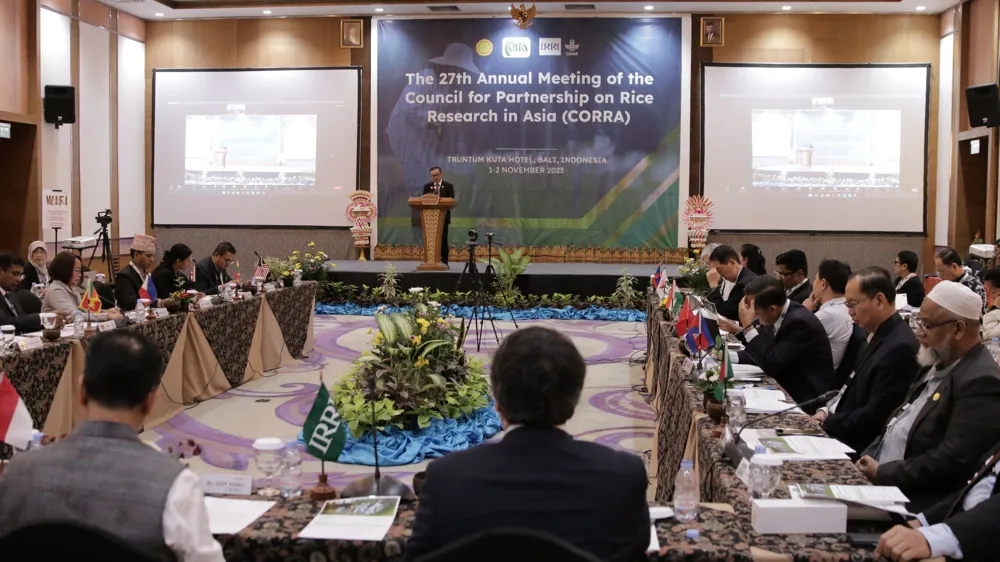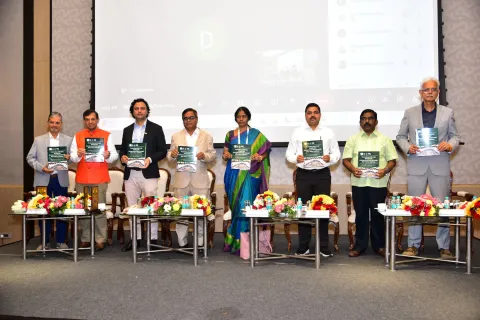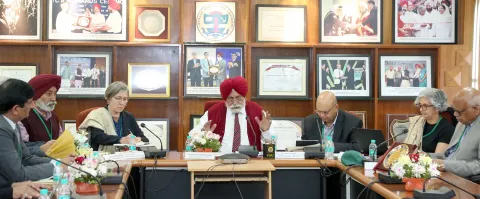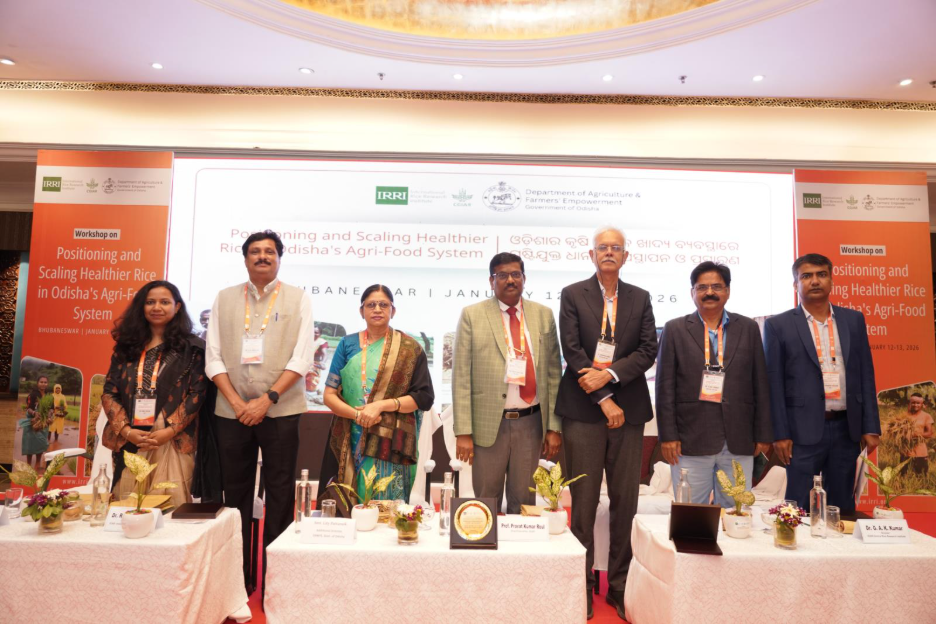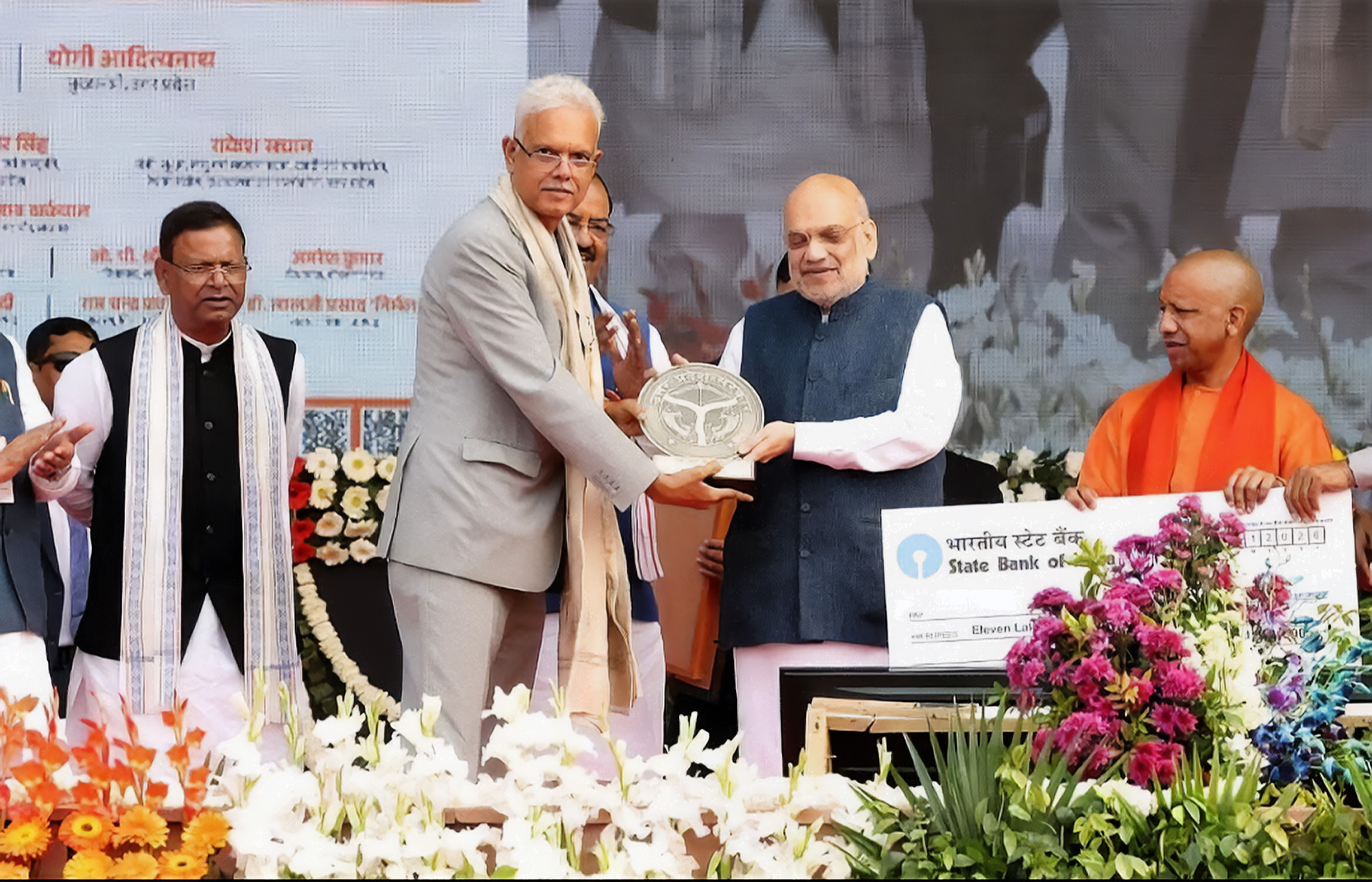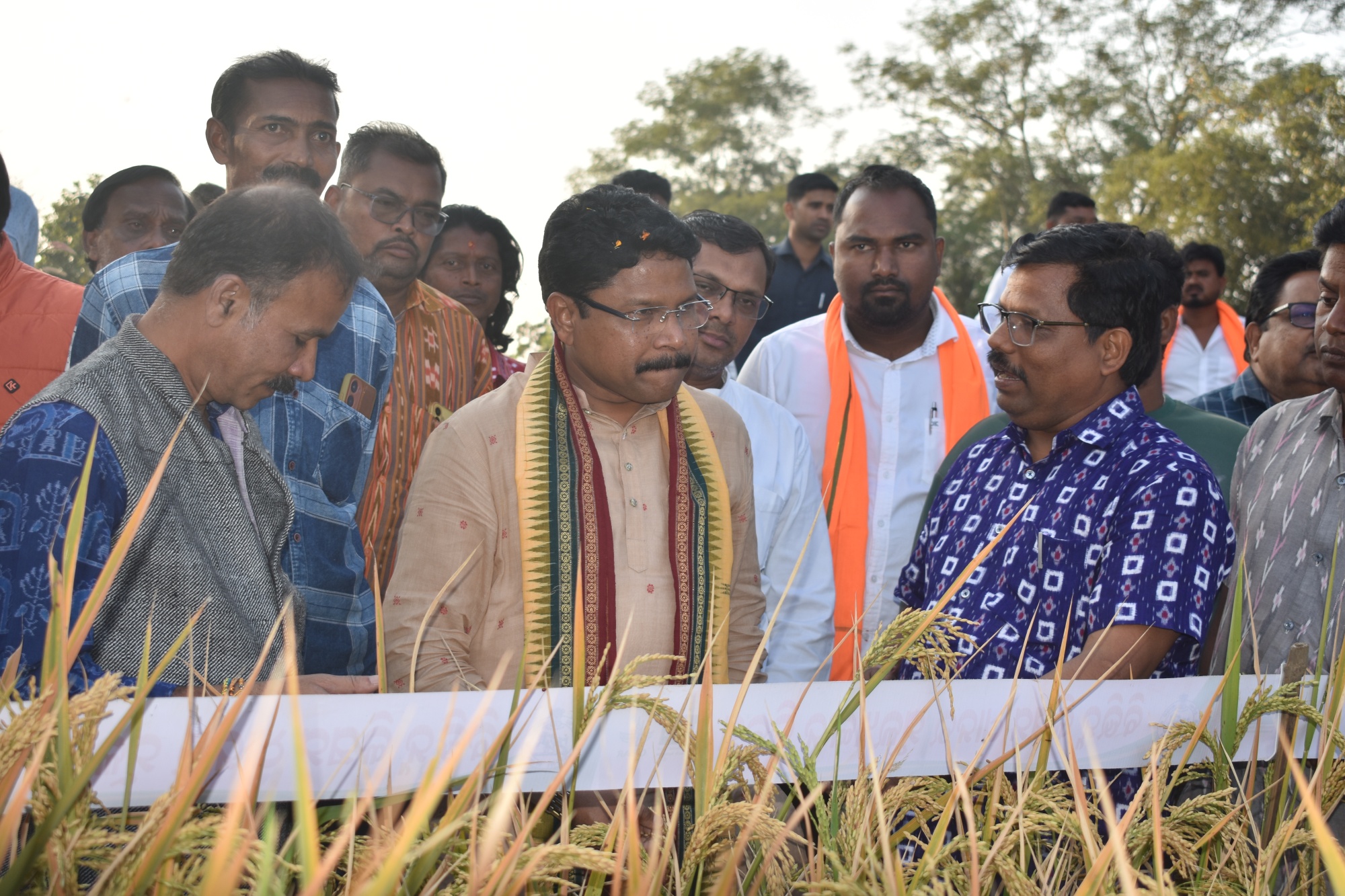Overview
South Asia is home to nearly 40% of the world’s rice consumers and cultivates over 70 million hectares of rice, which is essential for food and nutritional security in the region. In India, Bangladesh, and Nepal, rice is not just a staple food; it is a way of life, intricately linked to the economy, culture, and rural livelihoods. However, the rice value chain in these countries faces several systemic challenges. These include climate-induced yield losses, water scarcity, declining soil fertility, low levels of mechanization, labor shortages, high postharvest losses, and limited access to innovative practices.
Productivity gaps persist, particularly in rainfed and stress-prone areas, which often yield less than 2.5 tons per hectare. Additionally, climate change, rapid urbanization, and population growth are putting further strain on already stressed agri-food systems.
IRRI’s work in South Asia is centered on advancing rice-based agri-food systems that are productive, resilient, and sustainable. Through successful collaboration with national agricultural research systems, government agencies, private sector actors, and development partners, IRRI has led several breakthroughs in the region, contributing to food and nutrition security. One of IRRI’s key achievements in South Asia is the development of climate-resilient rice varieties tolerant to drought, flood, salinity, and heat. IRRI also advances biofortified, low-GI, and rice value addition, along with promoting traditional landraces.
Complementing its varietal innovations, IRRI leads major regional initiatives to enhance access, policy alignment, and sustainable practices. The Seeds Without Borders (SWB) framework, championed by IRRI, facilitates regional varietal exchange and harmonization of seed policies among countries such as India, Bangladesh, Nepal, and Sri Lanka and thus enabling faster delivery of improved varieties to farmers across borders. IRRI also plays a pivotal role in scaling sustainable rice production techniques like Direct Seeded Rice (DSR) and Alternate Wetting and Drying (AWD), particularly in the eastern Indo-Gangetic Plains.
Across South Asia, IRRI’s integrated approach—combining cutting-edge science, strategic partnerships, and policy engagement—is enabling the transformation of rice-based agri-food systems to meet the region's future demands.
